Local News
Assistant vice president of Miami Cancer Institute, ardent proponent of mammograms

Miami, Florida – The bone marrow transplant unit, the pediatric infusion, nurse education, and practice standards are all under the control of Miami Cancer Institute’s assistant vice president of nursing, Maria Suarez, who also oversees the regions of infusion where parents receive chemotherapy.
Her more than 30-year career in healthcare with Baptist Health has been heightened by her repeated personal battles with breast cancer.
“My sister died of breast cancer in 2009, as she was diagnosed in the 1990s,” Suarez said.
“At that time in the 1990s, they didn’t have genetic testing.”
She emphasizes the significance of genetic testing in the modern world as a mother of three.
When Suarez was in her forties, she received her own diagnosis.
“In 2014, I was diagnosed with stage one triple negative breast cancer. I found out through regular mammograms because it was triple negative there was nothing else to really treat but to go through chemotherapy and radiation because it was triple negative there was nothing else to really treat the cancer.”
She beat it.
She started working at Miami Cancer Institute in 2020, which launched five years prior and serves as a one-stop shop for all of a cancer patient’s needs.
Her timing would end up being quite important.
“I always think things happen for a reason, and my family history.”
Stephanie, her daughter who works as a nurse at Baptist Health, found out she had stage three breast cancer at the height of the pandemic.
At that time, only patients and personnel were allowed inside the center.
“Although she’s educated and she’s a nurse she was still scared. I was here and able to support her because I worked here.”
Bringing together her roles as survivor, mom, and employee and then again as a patient.
“As if all that wasn’t enough, in March of this year I was diagnosed with stage two estrogen progesterone. At that time I had a mastectomy and I was treated on an oral medication that stops the production of estrogen. I feel lucky that it was caught early enough that I didn’t need chemotherapy and radiation therapy for the second time.”
She is immensely appreciative of her doctor for her good health, which allows her to make the most of her education. “I can anticipate what they’re thinking what they may be thinking of what they may be going through and you wouldn’t know that unless you walked in their shoes.”
She is a strong advocate for early detection and a shining example of it. “The entire world lights up pink in October and although there have been many advances in breast cancer treatment, still the most important screening you can do is the mammogram early action saves lives I’m living proof of that. As a two-time breast cancer survivor, I can’t stress enough how important it is for early screening.”
The Miami Cancer Institute has resources available, and she emphasizes that genetic testing is another crucial tool.
-

 Local News2 weeks ago
Local News2 weeks agoA Chef from Coral Springs Excels in Guy Fieri’s Grocery Games
-
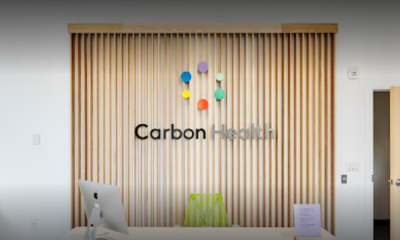
 Local News3 days ago
Local News3 days agoAffordable sports physical examinations provided by Carbon Health Urgent Care of Coral Springs
-
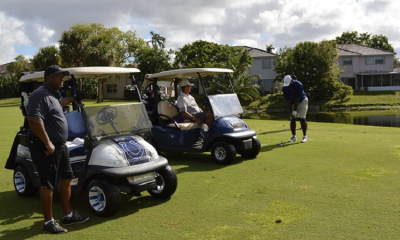
 Local News2 weeks ago
Local News2 weeks agoSign up for the third annual golf classic hosted by the Coral Springs Chamber
-
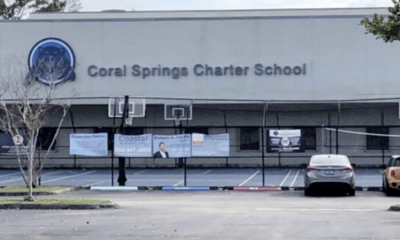
 Local News2 weeks ago
Local News2 weeks agoBroward County school leaders keeping open Coral Springs schools with low enrollment
-

 Local News2 weeks ago
Local News2 weeks agoMay 2 is National Day of Prayer; Residents of Coral Springs are invited
-

 Local News1 week ago
Local News1 week agoLocal High Schools submitted Cappie Theater Award nominations
-
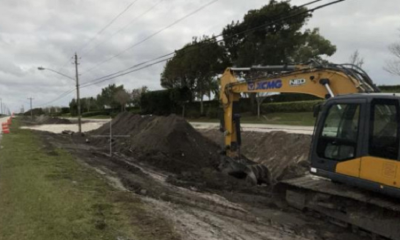
 Local News6 days ago
Local News6 days agoConstruction on Loxahatchee Road in Parkland Expected to Take Longer, Stretching into 2027
-

 Local News5 days ago
Local News5 days agoCoral Springs Charter softball wins Big-8 Championship

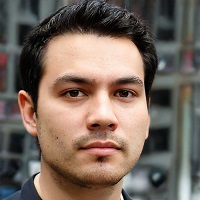




Leave a Reply